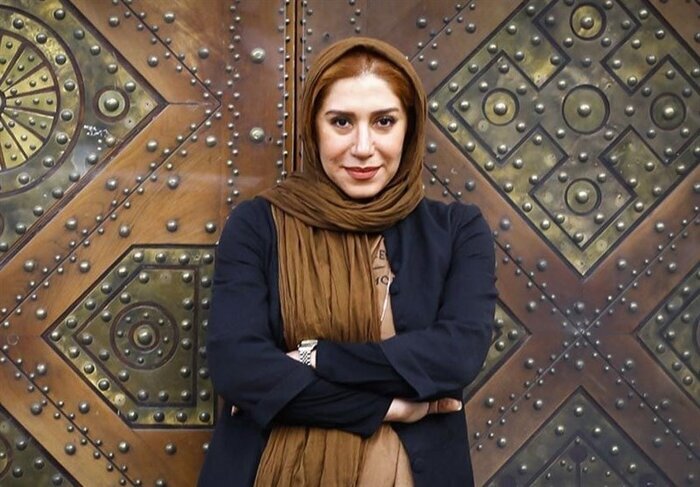“Antigone” to go on stage at Tehran theater

TEHRAN- An adaptation of Sophocles’ timeless tragedy “Antigone” is set to go on stage at Molavi Theater in Tehran in the near future.
Nasim Adabi and Neda Shahrokhi will co-direct the play, which will be presented in the traditional format of tazieh, Iranian passion play.
"Antigone," written by the ancient Greek playwright Sophocles, is a timeless tragedy that explores profound ethical and moral dilemmas. Set in the city-state of Thebes, the play revolves around Antigone, a courageous young woman who defies the tyrannical decree of her uncle, King Creon.
The conflict arises when Antigone's brothers, Eteocles and Polynices, kill each other while leading opposing armies. Creon, now the ruler, honors Eteocles with a proper burial but denies the same to Polynices, deeming him a traitor. Antigone, driven by her strong sense of justice and loyalty, resolves to bury her brother's body against Creon's orders, prompting a clash of values.
As the play progresses, Antigone's actions cause a ripple effect, leading to tragic consequences. Creon, obstinate in upholding the law and preserving his power, sentences Antigone to death. This decision, however, puts him at odds with his son, Haemon, who is engaged to Antigone. Faced with the choice between familial loyalty and devotion to the state, Haemon fights to reason with his father but fails to change his mind.
In the end, the play reaches a devastating climax as Antigone takes her own life, revealing the devastating consequences of blind adherence to power and rigid laws. Touched by profound grief, Creon's wife, Eurydice, also takes her life, leaving a shattered and remorseful Creon behind.
"Antigone" is a powerfully resonant work that delves into the enduring themes of moral duty, the conflict between personal beliefs and societal expectations, and the limits of power. Sophocles' masterful storytelling and exploration of complex human emotions have made this tragedy an enduring classic, maintaining its relevance even in contemporary times.
The Iranian passion play tazieh was registered on the UNESCO List of the Intangible Cultural Heritage of Humanity in November 2010.
Tazieh represents religious events, historical and mythical stories and folk tales. Each performance has the four components of poetry, music, song and motion.
Photo: Iranian stage director and actress Nasim Adabi in an undated photo
SAB/
Leave a Comment